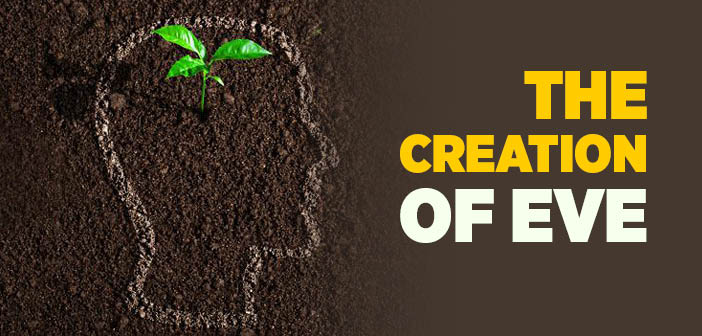What was the duty of prophet muhammad? How was the discipline duty of prophet muhammad?
The Arabic term “Rabb,” which is a Divine attribute, occurs in about a hundred places in the Qur’an, and it bears meanings like instructor, owner, master, lord, and administrator. Moreover, the Holy Qur’an opens with a verse consisting of this attribute:
“Praise be to Allah, Lord of the Worlds.” (al-Fatiha 1; 1)
Discipline means gradual achievement of perfection. Every creation in the universe attains perfection through methods peculiar to its kind. Of course, Allah the Almighty isWho establishes these methods. The process of creation and refinement of human beings is the best example for Allah’s gradual training. Elmalılı Muhammed Hamdi Yazır describes this process as follows:
“A small island emerges in a corner of the world; earth hardens and petrifies; rocks dissolve; mines germinate. Herbs, plants, and trees sprout from the seeds inside the rocks and earth and animals proliferate from these plants. Millions of human seeds erupt from a single drop of semen; an embryo passes the stages of turning into a living being after a process of elimination and insemination; from it emerges a fetus and then a crying baby is born; then a crawling, tumbling, and stammering infant. And then a naughty little child develops into an adolescent, who can distinguish right from wrong and who is ready to give his own fruits. After that, he grows up and reaches at the peak of his strength. Later his physical side begins to merge into his spirituality; he becomes an old man with a weaker intellect and slower perception. And finally he becomes such an old man that he is ready to be a good or bad spirit and fly away. In short, people keep saying “I” as if they are not changing in this continuously changing world while going towards the inevitable end…” (Elmalılı, I, 65)
Discipline is necessary for humans to enhance their qualities and abilities. This is why Islam attaches the utmost significance to human discipline. Those who are refined by the measures from the Qur’an and Sunnah and act according to these measures attain the opportunity to reach a state superior to the angels. Those who are deprived from measures of Islamic refinement and act under the negative effects of the inner self, carnal desires and self-interests will face the danger of falling to a state lower than animals. This was why the real goal of all the prophets, especially including the Messenger of Allah (pbuh), had been to discipline people in accordance with the Divine Will. Due to the meaningless of life without religion, people from all levels of society need a religious trainer and instructor in their lives and the prophets and their immediate followers come at the head of such instructors.
Today, people use the term “education” instead of refinement and discipline. In the modern sciences education is described as taking a person towards a certain goals through various stages and the activities employed in the process of advancing human personality towards perfection. These are not random activities, but are performed based on certain principles. And they are regulatory activities preparing generations for social life and giving them all the equipment they need.
A person may obtain the identity of a true person after passing through the process of planned education, because a person’s real value will come to the surface by means of education and the refineness obtained by it. It is usually a difficult thing to achieve certain abilities by oneself. This is why people need a planned education.
“Tazkiya” is another term that shares a similar meaning in this context. It literally means purification, chastening, and clearing of accusations and doubts, in addition to increasing, being fruitful and beneficent. In short, tazkiya refers to a person’s entire intellectual and spiritual process of education. Following this brief introduction, we may now begin to examine the fields in which the Prophet (pbuh) refined human beings.
Source: The History of Prophets in Light of The Qur’an, THE CHAIN OF PROPHETS II, Osman Nuri TOPBAŞ, Erkam Publications





